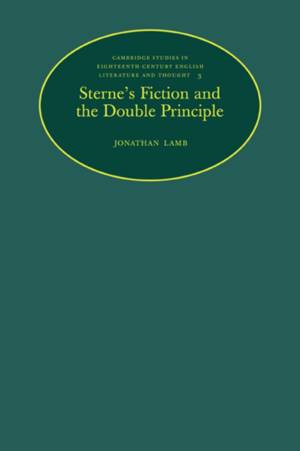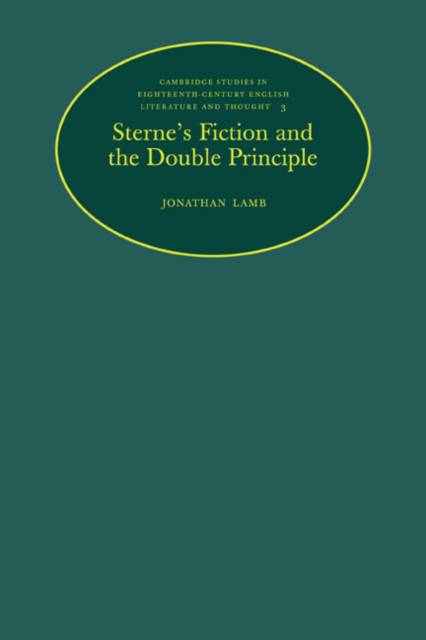
- Afhalen na 1 uur in een winkel met voorraad
- Gratis thuislevering in België vanaf € 30
- Ruim aanbod met 7 miljoen producten
- Afhalen na 1 uur in een winkel met voorraad
- Gratis thuislevering in België vanaf € 30
- Ruim aanbod met 7 miljoen producten
Zoeken
€ 67,95
+ 135 punten
Uitvoering
Omschrijving
The author of Tristram Shandy made frequent use of literary fragments from other writers, as part of his own style. Laurence Sterne's quotations, plagiarisms and allusions were often employed in the service of the pleonasm, or 'performed pun'. Jonathan Lamb describes Sterne's operation of the pleonasm as his 'double principle'. He sees this style not as the key to some clever puzzle whose clues we go on solving in the hope of total disclosure of meaning (as some critics have claimed); rather the opposite, that it is a consoling reminder that neither we nor the text can ever be complete. Lamb severs Sterne from the Locke tradition and frees him from the 'influence' oriented studies which have aimed to authenticate him through his borrowings. This allows us to read him as a writer eagerly exploring the turns and paradoxes of associationist thought and adapting the rhetoric of the sublime to the stutterings of ordinary speech.
Specificaties
Betrokkenen
- Auteur(s):
- Uitgeverij:
Inhoud
- Aantal bladzijden:
- 176
- Taal:
- Engels
- Reeks:
- Reeksnummer:
- nr. 3
Eigenschappen
- Productcode (EAN):
- 9780521075138
- Verschijningsdatum:
- 28/08/2008
- Uitvoering:
- Paperback
- Formaat:
- Trade paperback (VS)
- Afmetingen:
- 152 mm x 229 mm
- Gewicht:
- 267 g

Alleen bij Standaard Boekhandel
+ 135 punten op je klantenkaart van Standaard Boekhandel
Beoordelingen
We publiceren alleen reviews die voldoen aan de voorwaarden voor reviews. Bekijk onze voorwaarden voor reviews.











